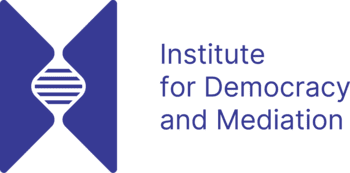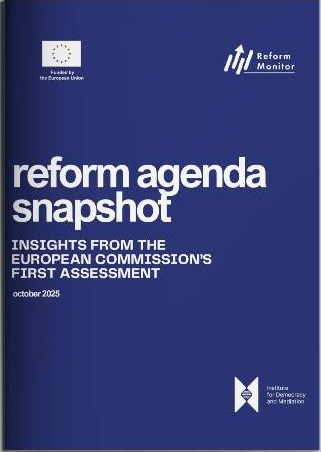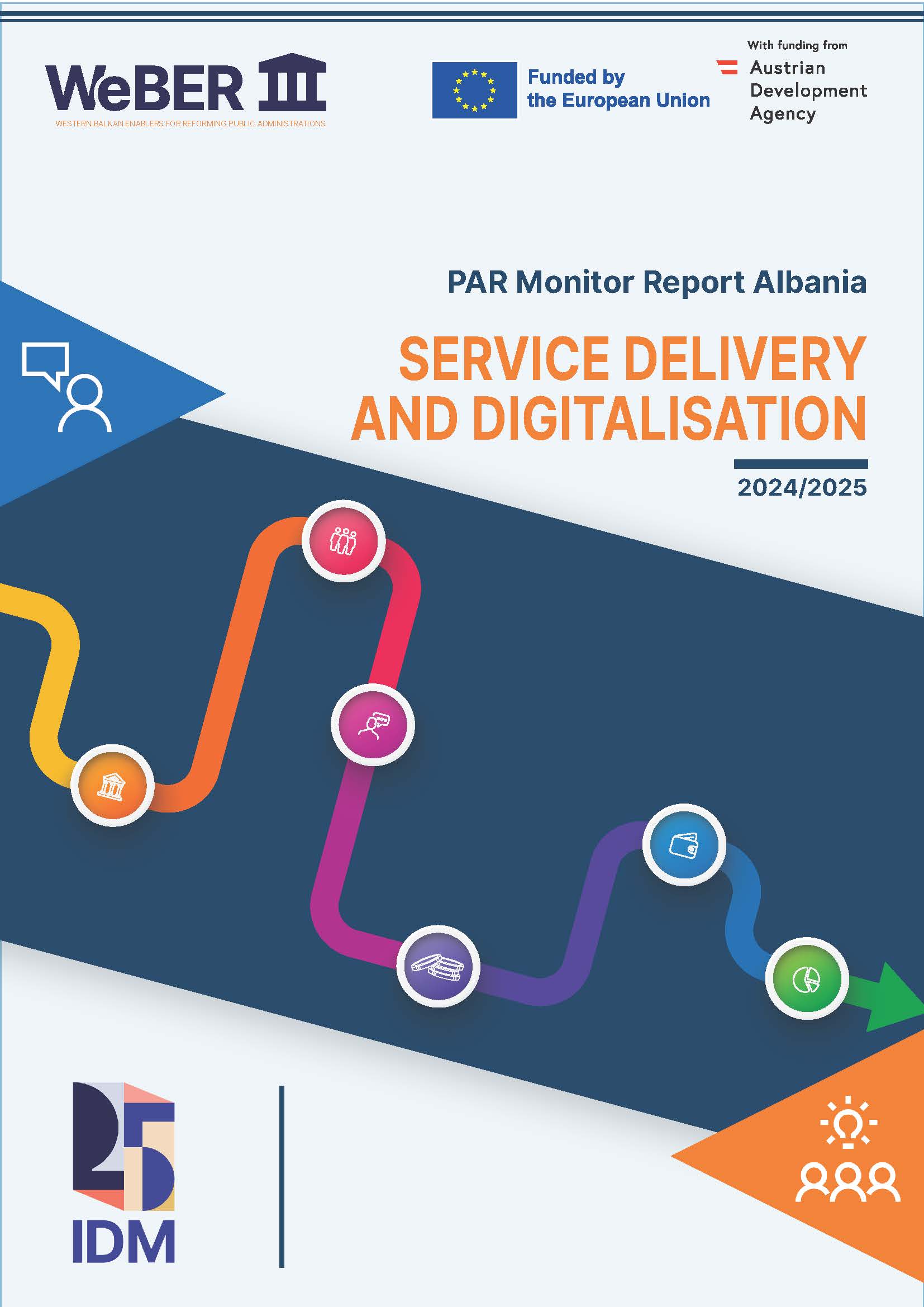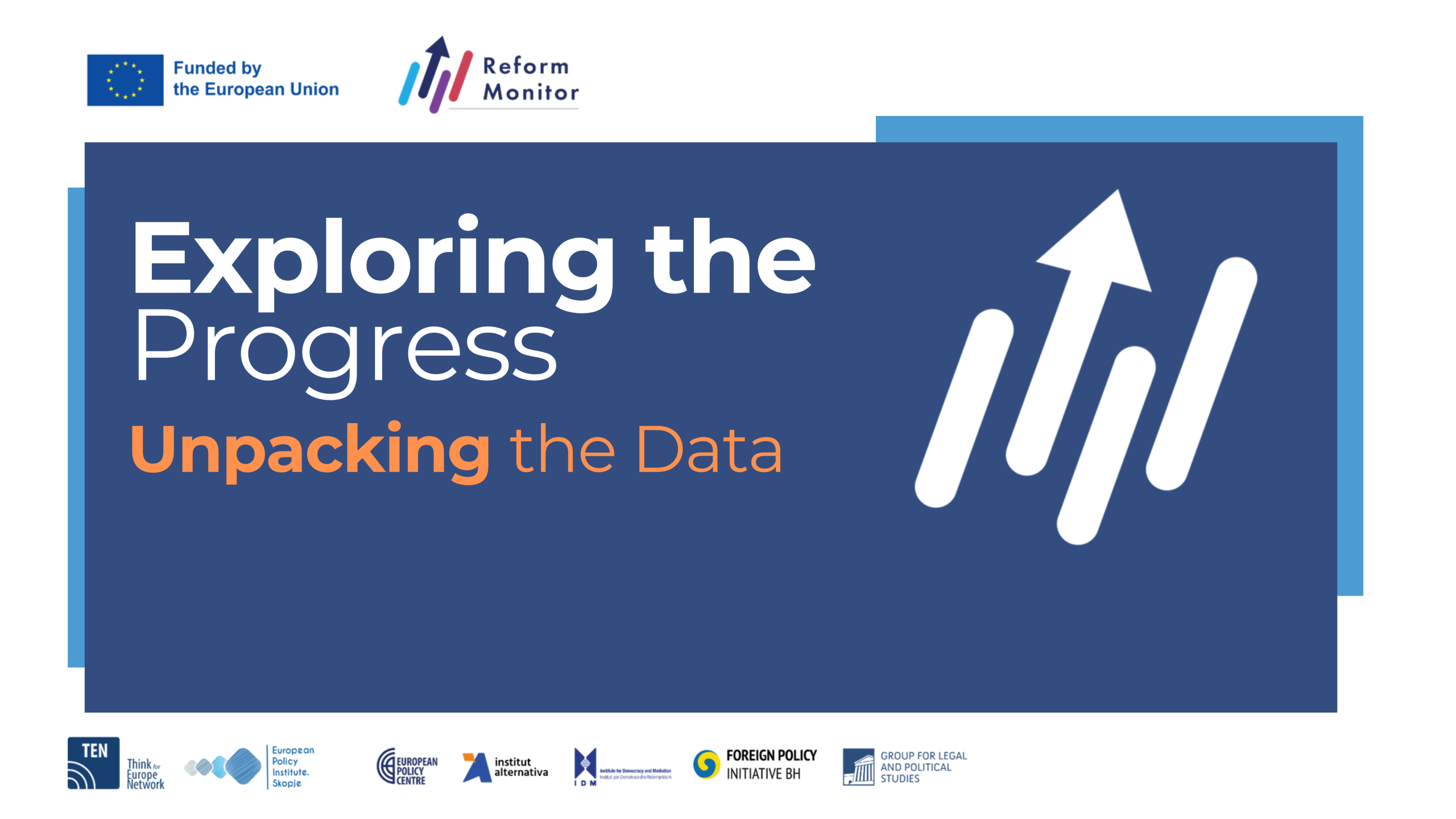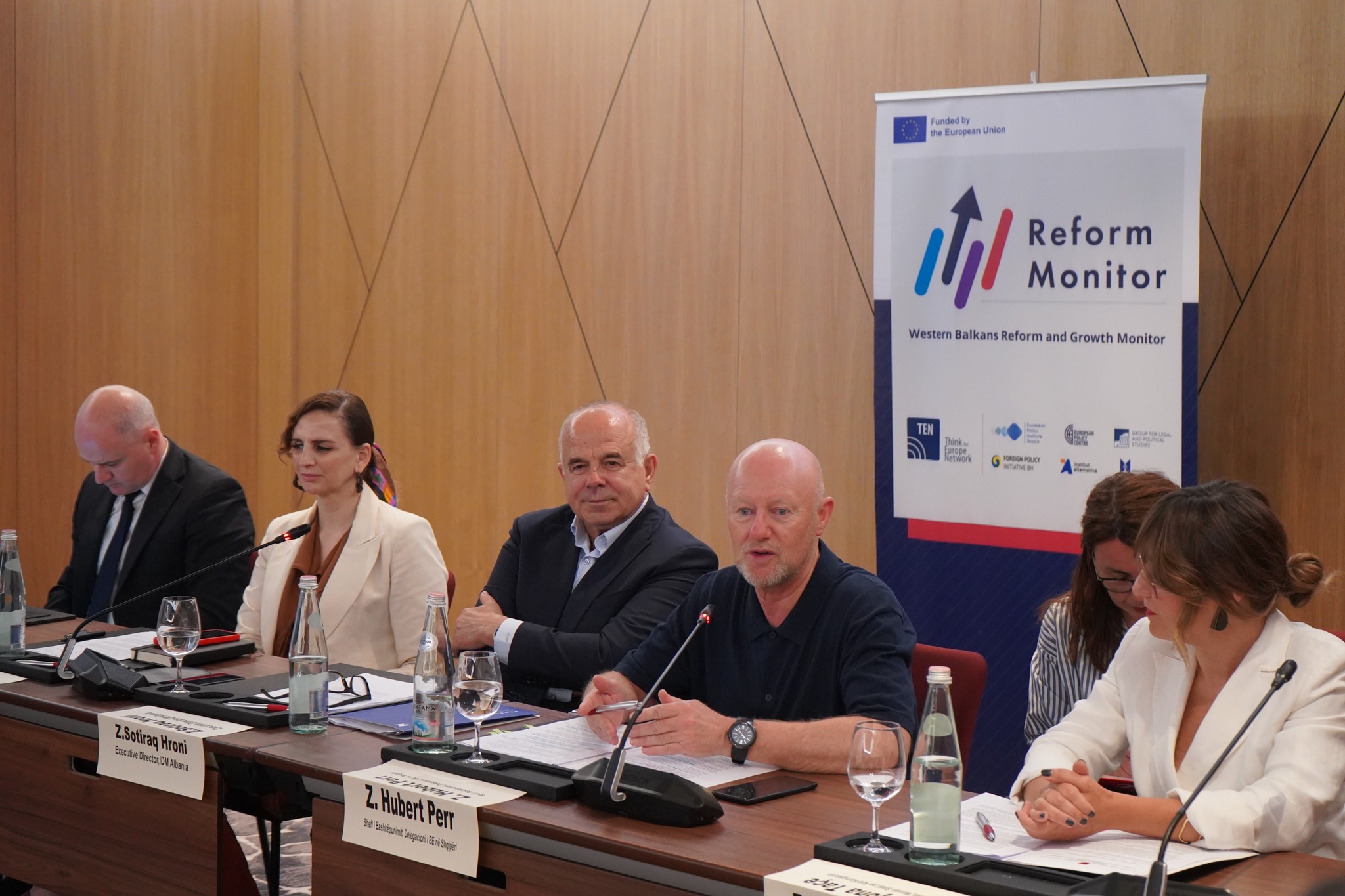Training – Shkodër, 3 February 2009
Within the framework of its ongoing project in the city of Shkodra “Towards Sustainability of Participatory Governance and Public Private Partnerships” supported by BTD, IDM in cooperation with Shkodra Municipality organized on the 3rd February 2009 a training with the Community Liaisons of Shkodra Municipality. The training in itself focused on spreading the good practices on community organizing through the Community Based Groups in this city, and is part of a series of trainings and workshops that IDM intends to develop in this city with various actors from local governance, business and civil society sector, for enhanced participatory governance.
This series of capacity building activities will be followed by the establishment and development of a Local Trust Fund for the city of Shkodra, a fund that will be developed and maintained by the contribution of tri-partite co operations among the local governance- the local business and Shkodra civil society at large. Generally the community liaisons and the executives of the five regions in Shkodra expressed major engagement to improve the role and functioning of this structure but also the development of community schemes, as the community-based groups are.
Some of the main issues raised by participants in an open discussion on problems that they come across every day, were as following: communication difficulty with the local institutions, community, municipality and law enforcement agencies need for awareness raising on the community liaison’s role, selection and nomination of community liaison criteria, participation in the drafting of budget and developing team-building for community organizing. IDM’s commitment for increasing the community liaisons’ capacities in Shkodra has just begun, focusing on development and aiming citizen’s participation in the decision making process.
Our concern at this point is that community liaisons are indeed informed on their community problems and work to be done, but as community representatives they are not involved in decision making process to directly refer the voice and priorities of the community.
With the request of community liaisons to be involved in decision making processes, a second training will be organized focusing on “participatory budgeting” and the community liaisons relation with the local legislative structure – the municipal council.
